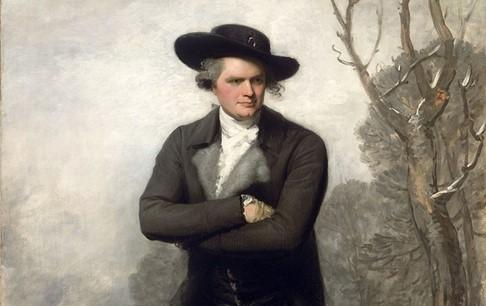OTISVILLE—The 4-H Calf Sale and Silent Auction at the Cornell Cooperative Extension Orange County Education Center and 4-H Park in Otisville went without a hitch on a cool, clear Saturday evening.
Attended by about 250 farmers and 4-H supporters, the May 7 event showcased 25 calves for sale. Some would go to 4-H members, who either live on a farm or board an animal on the premises, or to farmers to raise as milk cows.

Many breeds were represented this year, according to Vanessa Merrill, coordinator of the Cooperative’s 4-H dairy program—Ayrshire, Brown Swiss, Milking Shorthorn, Guernsey, Holstein, and Jersey.
4-H member Aiden Kelley was hoping for a Jersey to raise and show. His family farm in Montgomery has started with Milking Shorthorns and he wanted a Jersey to “change it up,” he said “Their milk goes really good with Shorthorn milk. It’s a good mix.”






